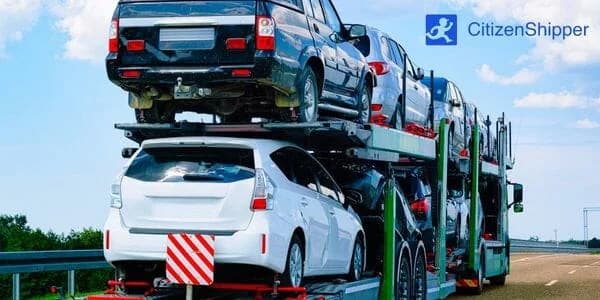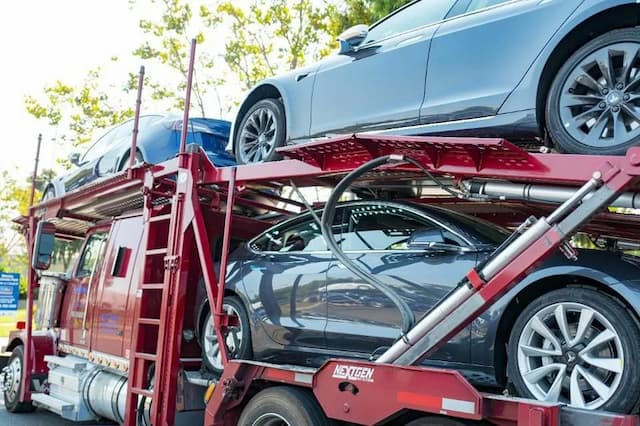Navigating Car Transport in Denver, CO
When it comes to shipping your car in Colorado, there's a world of factors to consider. Colorado, with its challenging mountain passes, extreme weather conditions, and urban logistics, presents a distinct set of circumstances. But don't worry! Here at CitizenShipper, we are committed to helping you navigate through it all. Whether you're moving into or out of Denver or need to transport your car for any reason, our expert team is here to help.
Colorado's Vehicle Transportation Laws & Regulations
In Colorado, car transportation laws and regulations are in place to ensure the safety and preservation of all vehicles and public roadways. Auto transporters must adhere to the Federal Motor Carrier Safety Administration (FMCSA) regulations for safety. Compliance involves ensuring that all vehicles are properly secured during transport and maintaining necessary documents for every shipped vehicle.
All auto transporters operating in Colorado must also possess an active MC Docket number, issued by the FMCSA. This number signifies that a transportation company is registered under the federal government, allowing them to legally operate across state lines. Additionally, Colorado has specific chain laws that may apply during winter months, requiring transporters to carry chains when traveling through mountain corridors between September and May.
Weather & Terrain Considerations in Denver, CO
Weather patterns in Denver, CO have a significant impact on car shipping. With a semi-arid climate, Denver experiences over 300 days of sunshine annually, but also faces dramatic weather changes that can include sudden snowstorms, hail, and temperature swings of 40+ degrees in a single day. Winter weather is particularly unpredictable, with heavy snowfall possible from October through April that can temporarily close mountain passes and highways.
Denver's terrain presents unique challenges for auto transport. Situated at exactly one mile above sea level (5,280 feet), the city serves as a gateway to the Rocky Mountains to the west. These geographical variations can present shipping challenges, especially when routes include steep mountain passes like I-70 through the Eisenhower Tunnel. The high altitude and steep gradients can impact vehicle performance and transportation timelines. It's beneficial to plan and account for possible delays, particularly during winter months or if your destination requires traversing mountain roads.








